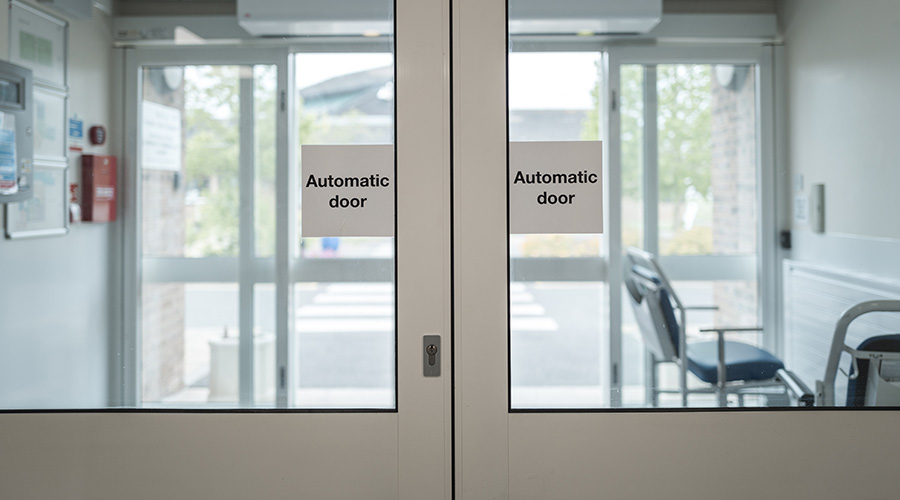The Three Parts of a Door Hardware Specification Document
Even though the cost of door hardware is a small fraction of a building's total cost, managers would be wise to ensure that every hardware detail — including material, class, operating characteristics, and type of device — complies with applicable codes and that technicians have installed them properly before the code-enforcement official arrives. Otherwise, occupancy delays can occur, and the owner will face costly time and budget penalties and over-runs.
Door-hardware suppliers have developed comprehensive specification language to help managers comply with what can be a dizzying array of codes and standards. These specification documents are arranged according to a standard, numerical, specification-coding system format, such as the Construction Specification Institute system.
A typical specification document for door hardware contains three parts.
Part 1 is the general section and covers the specification contents and related codes, such as those linked to carpentry and electrical systems.
Part 2 is the specific products section. It details the manufacturers that offer acceptable products — including latches, manual locks, electric locks, automatic openers, exit devices, hinges, and closers — for each purpose.
Part 3 is the execution section. It details the standards and codes managers and technicians must follow during installation, testing, training and acceptance on the job site.
The execution section includes sub-sections covering: pre-inspection; installation per manufacturer's written instructions; field quality assurance; post-installation adjusting — temperature changes after final testing of the HVAC system might result in needed adjustments — training for hardware maintenance; and protection from damage until acceptance.
Thomas A. Westerkamp is a maintenance and engineering management consultant and president of the work management division of Westerkamp Group LLC.
Related Topics:













